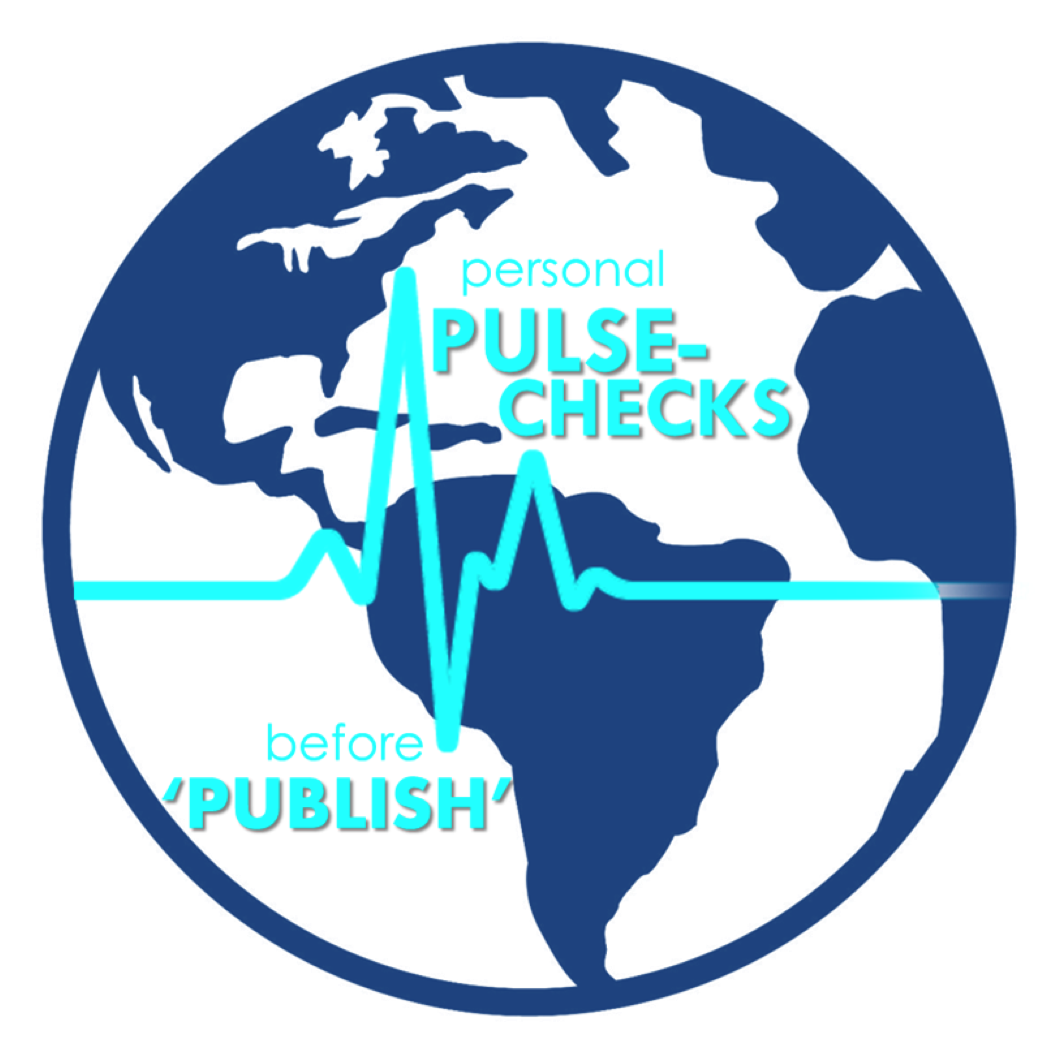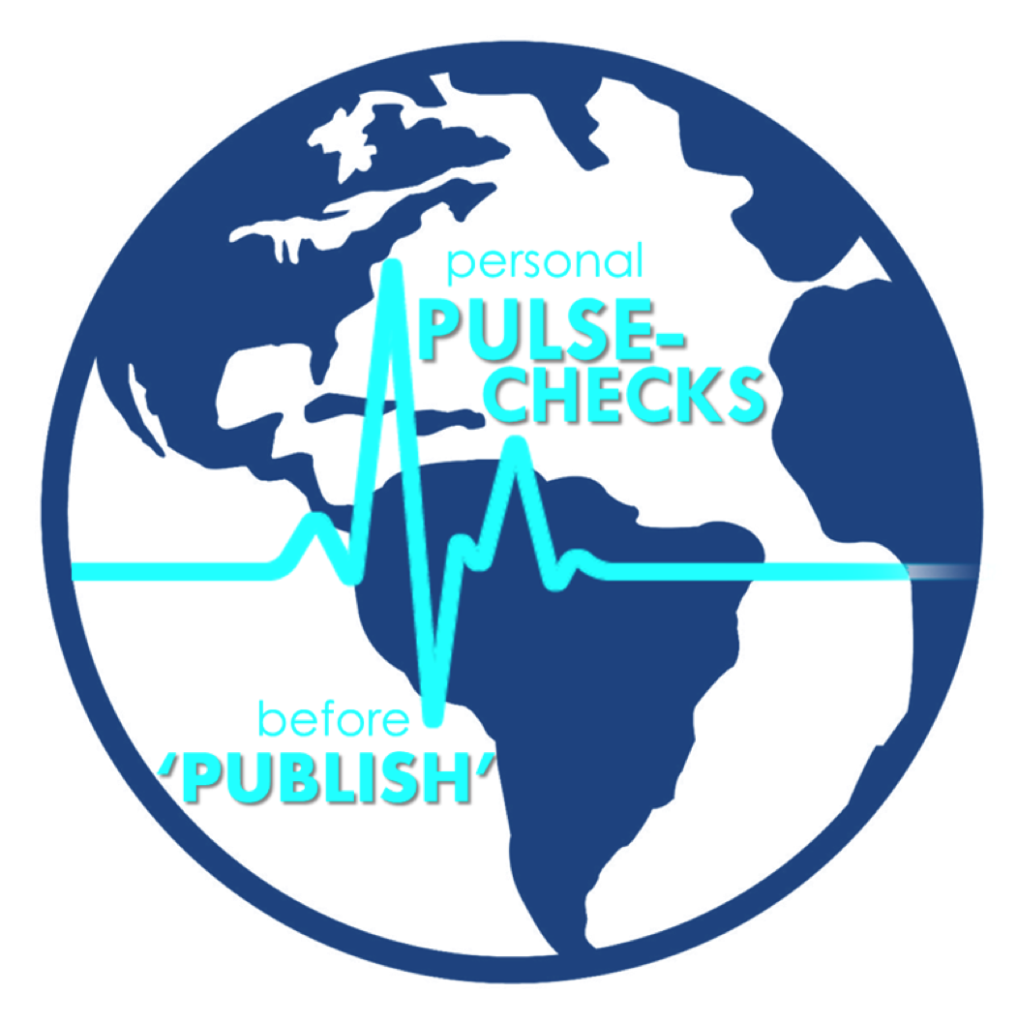This is a guest post by Sophie Savage, the final in a series of seven blog posts from my International Development Communications students at Georgetown University’s Public Relations and Corporate Communications Masters Program.
It was therapeutic, really. I started a blog-like journal when studying abroad in East Africa to keep all my loved ones at home up to date on my adventures, my near-deaths, and any learnings worth mentioning or frustrations worth venting. Even though I’d like to claim innocence (read: ignorance), I spent a majority of that online journal dabbling in artistic ‘poverty porn’ photography, setting up ‘the other’ as the opposite of me. I gave a running commentary on my thoughts on suffering, hunger, and my aspirational goals to fix it all.
Looking back on some of those entries that now rest unpublished, deep in a folder on my hard drive, it is funny that I believed my thoughts were so monumental. To my credit, I was flexing my journalistic finger for the first time about issues much bigger than I had ever considered before. I was a communication expert-wanna-be about to have my ‘lightning bolt’ do-gooder moment.
In an ‘age of instant’ and digital inclusion, wanna-bes are now common. For communication-savvy people, we consider this an enormous possibility. An increasingly digital world means an audience of listeners is open to us immediately, and eagerly waiting for the next thought to ponder, like, and re-share. We can blog, vlog, tweet, post, insta-everything. It’s inspiring, and begs participation.
Whether it is our personal goal or whether we are representing an agency or institution, communicators in development and social good also have an ethical responsibility. There are real people and livelihoods at the start, middle, and end of each of these tools. Communicators today can share an instant anecdote that motivates or breaks, defends or debilitates, gives dignity or reduces. Such power!
With that power, we are obligated to carefully consider all content before we hit publish. So, dig deep, and take some time for five basic, personal pulse-checks:
Pulse-check #1: Am I in touch with the humanity behind my communication?
When your success in international development communications is often measured by the quantity of fundraising dollars that come from your ad campaign or the number of insights or engagements from your social media, it is hard not to lose sight or feel out of touch with the people on the other end of the cause you’re supporting.
Challenge: Do what you can to seek out a literal grassroots voice/personal story weekly. Never underestimate the power of personal connection to ground you in reality and purpose.
Pulse-check #2: Am I aware of my seat at the table?
Maybe you’re sitting in your headquarter office, or perhaps you’re traveling around Kenyan slums in a taxi to record stories or take photos. In either place, it is important to be aware of your privilege (which often requires exercising imagination and listening to others!). Do not take for granted that: 1) you have access to and understanding of a global story-sharing stage when others may not, and 2) you are able to sit at the table during global development discussions when others are not considered or valued.
Challenge: Next time you’re in a room full of people talking about development or social good, count how many of them are from the country(ies) being discussed or are part of the Diaspora. Are people whose lives are being discussed invited to represent their own innovations and ideas?
Pulse-check #3: Am I writing this alone?
Perhaps one of my greatest takeaways from my International Development Communications class at Georgetown was a refreshed value of the local perspective. When the CDA Learning Collaborative shared results from their Listening Project, a woman’s comment from Malawi hit me hard: “Nothing should be communicated about us without us,” she said. The stories I write and products I craft should never be void of local voices, perspective, ideas, and solutions.
Challenge: Find a way to make sure that the humans at the receiving end of your organization’s efforts touch a piece of your communications product. Infuse their input, ideas and stories before pushing publish.
Pulse-check #4: Is this a moment to protect or preserve?
There will be times in international development communications where moments or interactions should be sacred—left quietly as human-to-human, uninterrupted by a quotable tweet, blog, or photo opportunity. (Note: this is mostly true for everything!)
Challenge: Over the next month, find this moment for connection personally or professionally. Don’t exploit it by sharing for the sake of ‘doing good.’ Protect it.
Pulse-check #5: Am I falling into the trap of sensationalism?
Compassion fatigue is a real thing; rousing feelings of pity and guilt to motivate people to donate are not sustainable. NGOs and other development players competing for funding and support sometimes go to extremes in our ‘age of sensationalism.’ If it isn’t dramatic, dark, or troubling enough, it may not be enough to inspire people to care. This can spiral out of control, and it’s important to try to avoid this trap. Luckily communicators are now starting to understand that sad, fly-covered faces and tragic stories are not the only things that hold motivational power.
Challenge: The next time someone suggests a focus on tragedy, loss, and extreme poverty for fundraising, ask for feedback to Chimamanda Adichie’s assertion: “The problem with stereotypes is not that they are untrue, but that they are incomplete. They make one story become the only story.”
Do-gooders, what are your personal self-checks before publicly sharing your work? Kindly share!
And stay tuned later this week for the soft launch of the class’ final product, “The Development Element: Guidelines for the future of communicating about the end of global poverty.”
Find out how up and coming communicators are framing (and shaping!) the new international development narrative!
***
 Sophie Huber Savage is a communication strategist and visual designer with five years of experience in the field of global health and development. As a social-change enthusiast, Sophie thrives on helping mission-driven organizations recognize their strengths and communicate their unique role in fixing up the world.
Sophie Huber Savage is a communication strategist and visual designer with five years of experience in the field of global health and development. As a social-change enthusiast, Sophie thrives on helping mission-driven organizations recognize their strengths and communicate their unique role in fixing up the world.
Sophie currently works at the Institute for Reproductive Health at Georgetown University (IRH), where she supports all research initiatives with communications strategic visioning, product conceptualization, and visual identity packaging. She is responsible for producing and disseminating high quality digital, print, and creative products, managing branding compliance, and carrying out website and social media engagement. Additionally, Sophie coordinates communication skills-building across staff and manages conference and event planning for the Institute.
Sophie is enrolled in Georgetown University’s Public Relations and Corporate Communications Program focusing on Social Impact Communication, and holds a bachelor’s degree in Communications and International Development from Houghton College.
***
Related Posts
“The Samaritans”: Why are some laughing? Some offended?



Pingback: Framing the Photo Contest: 5 Essential Pulse Checks for International Development Communications on globalsl.org
Pingback: Promote Ethical and Informed Global Service, Win $100, Photo Contest on globalsl.org
Pingback: Ethical Photography Contest: 4 Guidelines, 5 Examples, $100 Prize on globalsl.org
Pingback: Friday Inspiration: Storytelling Tools | Until the Lions
Pingback: Framing the Photo Contest: 5 Essential Pulse Checks for International Development Communications - Campus Compact
Pingback: Promote Ethical and Informed Global Service, Win $100, Photo Contest - Campus Compact
Pingback: Ethical Photography Contest: 4 Guidelines, 4 Examples, $100 Prize - Campus Compact